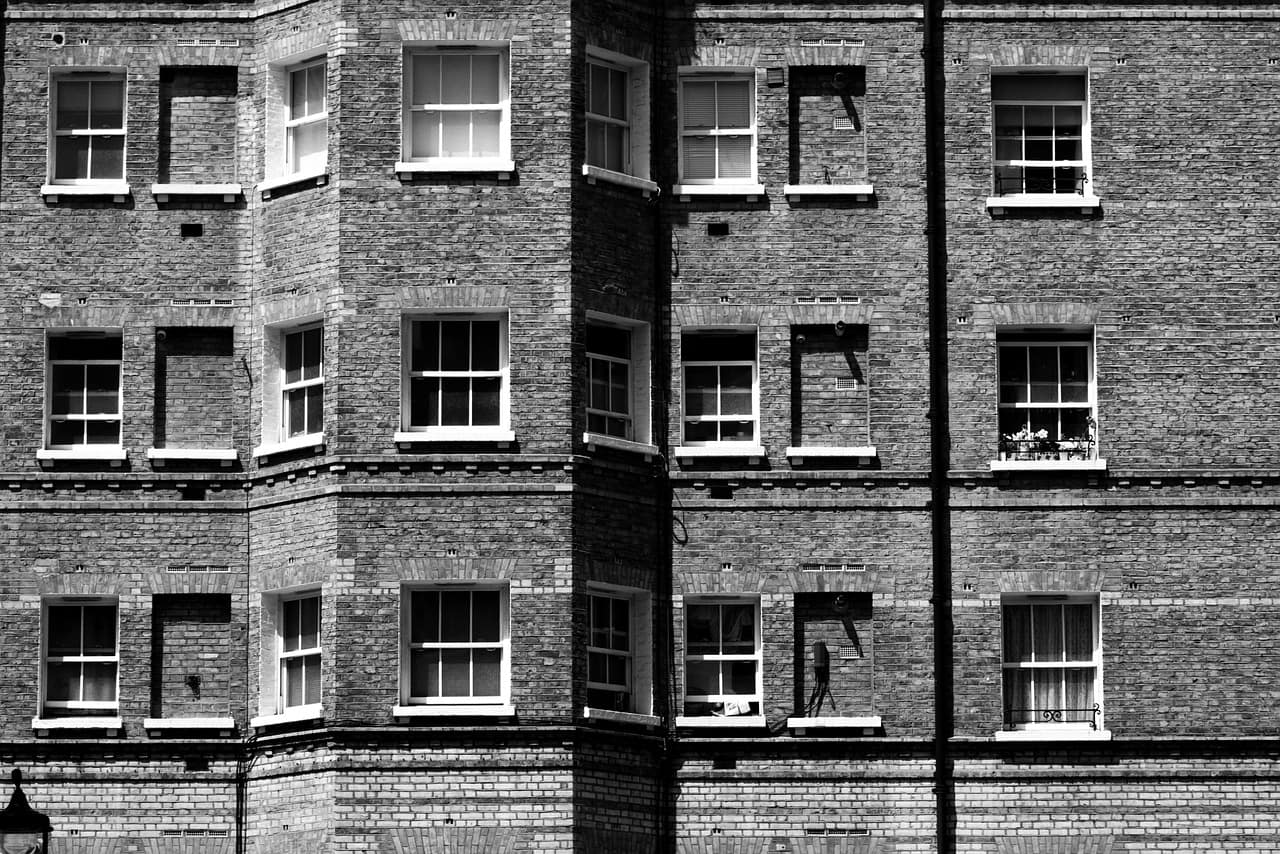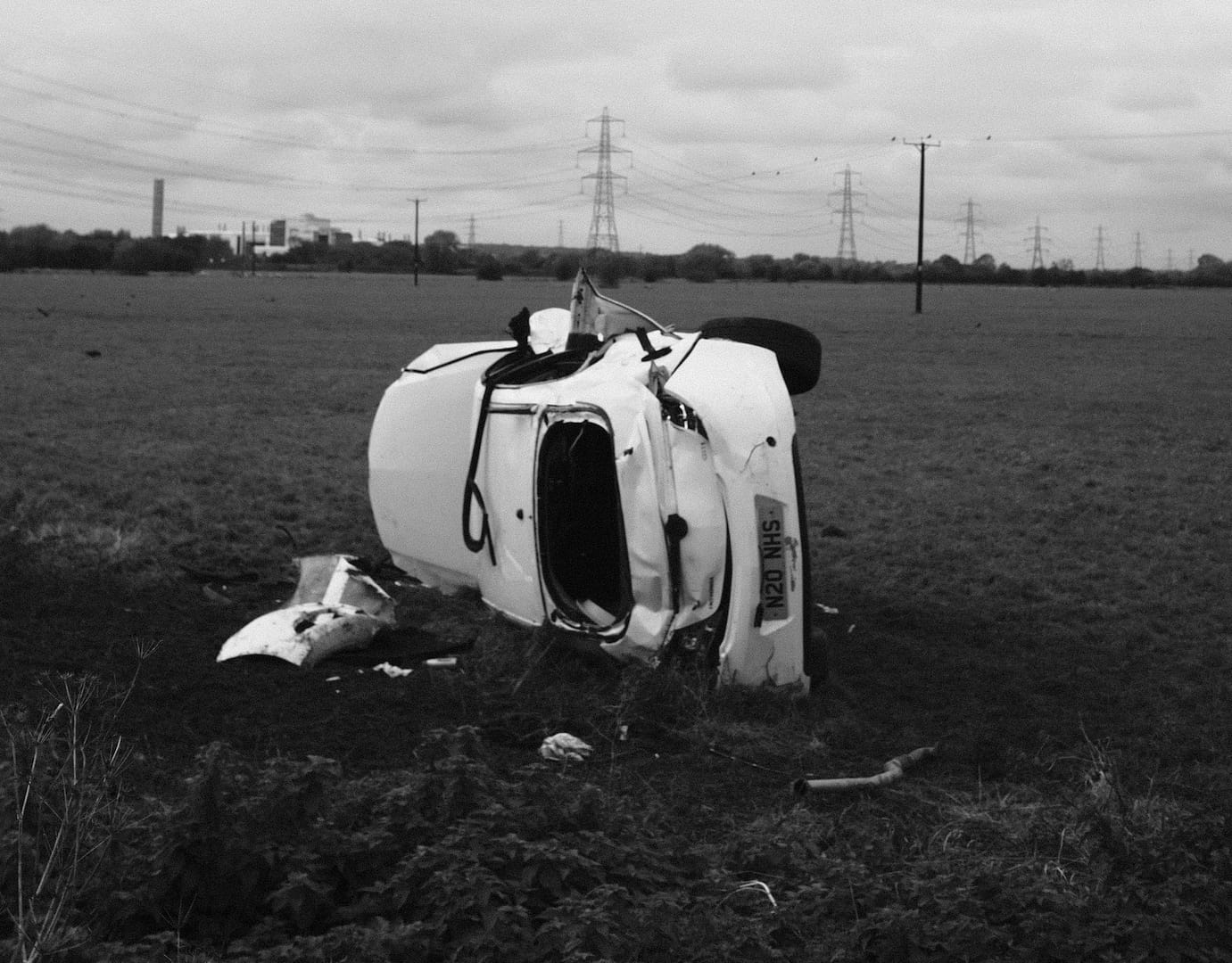In the United Kingdom, every tenant deserves a safe and habitable dwelling. When a landlord neglects their duty to maintain the property, and this neglect leads to health problems, it’s time to explore your legal rights. This comprehensive article delves into the critical issue of housing disrepair, its potential impact on your health, and when you can take legal action. We will also highlight how you can start a housing disrepair claim.
Understanding Housing Disrepair
Housing disrepair refers to a situation where a rented property is not in a reasonable state of repair. This can encompass a wide array of issues, from persistent dampness and mould to faulty heating systems, structural defects, and pest infestations. While some of these problems may seem minor at first, they can significantly affect your physical and mental well-being if left unresolved.
Common Health Risks Associated with Housing Disrepair
The potential health hazards associated with housing disrepair are numerous and often intertwined. Dampness and mould, for instance, can trigger or exacerbate respiratory problems such as asthma, bronchitis, and allergies. They can also lead to skin irritations, eye problems, and headaches.
Faulty heating systems can result in hypothermia during the colder months, particularly for vulnerable groups like the elderly and young children. Inadequate ventilation can worsen indoor air quality, contributing to respiratory issues and headaches. Structural defects can pose safety risks, potentially leading to injuries from falls or collapses.
The impact of housing disrepair extends beyond physical health. Living in a substandard dwelling can lead to considerable stress, anxiety, and depression. It can affect your sleep, concentration, and overall quality of life. Children are particularly vulnerable, as exposure to housing disrepair can affect their development and educational attainment.
When Can You Make a Legal Claim?
In the UK, landlords have a legal obligation to keep rented properties in a reasonable state of repair. This is enshrined in the Landlord and Tenant Act 1985 and other relevant legislation. If your landlord fails to fulfill this duty and the disrepair affects your health, you may be able to make a legal claim for compensation.
Key Conditions for a Successful Claim
Several key conditions must be met for a housing disrepair claim to succeed. Firstly, the disrepair must be significant enough to pose a risk to your health or safety. Secondly, you must have informed your landlord about the disrepair and given them a reasonable opportunity to rectify it. Thirdly, the disrepair must have caused or worsened your health problems.
It’s crucial to gather evidence to support your claim. This may include photographs and videos of the disrepair, medical reports linking your health problems to the disrepair, and records of any communication with your landlord about the issue.
The Process of Making a Claim
If you believe you have grounds for a housing disrepair claim, it’s advisable to seek legal advice from a qualified solicitor. They can assess the strength of your case, guide you through the legal process, and help you maximise your compensation.
The legal process typically involves sending a pre-action protocol letter to your landlord, setting out the details of your claim and giving them a final opportunity to resolve the issue without going to court. If your landlord fails to respond or refuses to address the disrepair, you can then proceed to issue court proceedings.
Potential Compensation
If your claim is successful, you may be entitled to compensation for various losses. This can include:
- General damages for the pain, suffering, and inconvenience caused by the disrepair.
- Special damages for any financial losses incurred, such as medical expenses, lost earnings, and the cost of alternative accommodation.
- Aggravated damages if your landlord’s conduct has been particularly unreasonable or high-handed.
- Injunctive relief, compelling your landlord to carry out the necessary repairs.
Making a Housing Disrepair Claim with National Claims
At National Claims, we recognise the profound impact that living in a state of disrepair can have on your physical and mental well-being. Whether you’ve been affected by persistent dampness and mould, endured the discomfort of a faulty heating system, or suffered due to structural deficiencies in your home, we believe you shouldn’t have to suffer in silence.
We recognise that every housing disrepair case is unique, and we’re here to offer you a free, no-obligation consultation to discuss your specific situation. During this consultation, we’ll listen attentively to your experience, carefully review any evidence you have, and assess the potential strength of your claim. Our team will then connect you with a solicitor from our panel who specialises in housing disrepair claims.
*Customers pay up to 25% (incl. VAT) of the amount recovered towards solicitor costs and if you cancel outside your cooling off period, you may be charged a fee.
Contact us today to speak to one of our claims agents who will be able to help you get started on your claim.
Click below to see why we are one of the most trusted claims management companies in the UK.

We’re proud of our excellent customer reviews
We thrive on delivering exceptional service and ensuring our clients’ satisfaction. Don’t just take our word for it. Check out some of our independent reviews to see what our clients have to say.
Excellent

This firm is excellent, they sorted out my car pay out and injury claim very fast, they always communicate with you all the time.

My accident case was dealt with confidence and with great result of the outcome, especially James kept me informed all the time.

I was very impressed at the way my inquiry was treated. I was listened to attentively and everything I needed to know was explained to me.






